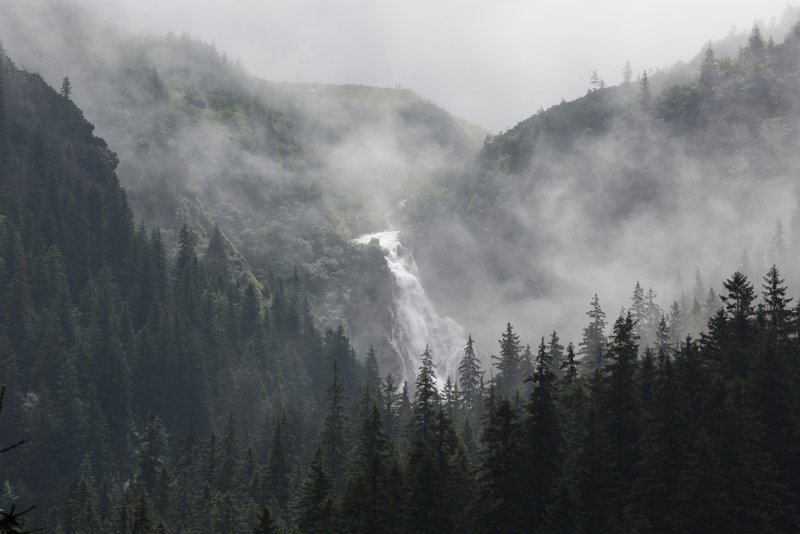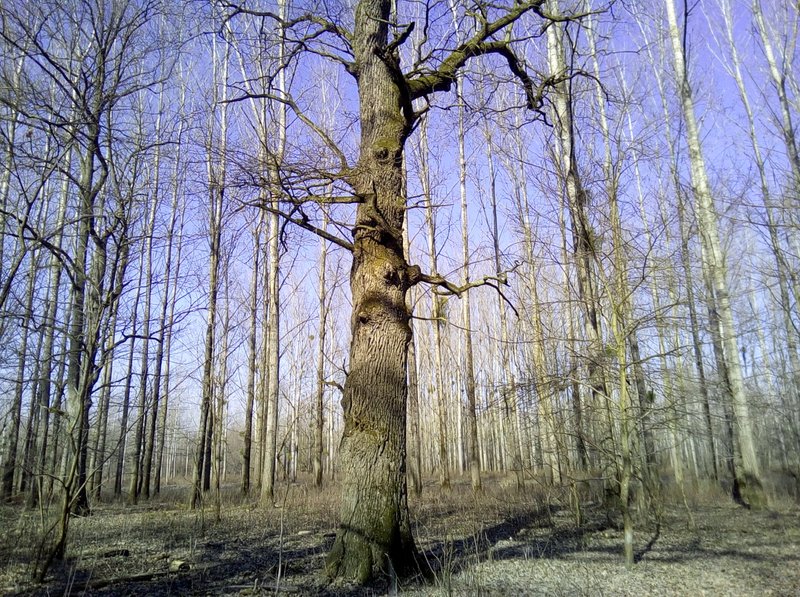In December 2021, the project SUPERB "Systemic solutions for upscaling of urgent ecosystem restoration for forest related biodiversity and ecosystem services" of the EU research framework program Horizon 2020 started. Here, the aim is not only to collect the scattered knowledge about the ecological, social, economic and political factors for a successful restoration of forests and their services. But it is also about implementing concrete restoration actions that will be carried out in 12 large-scale demonstration sites in 13 different countries. These areas represent the full diversity of European forests, as well as the stressors they are under, particularly from climate change.
"This allows us to test a wide range of restoration measures while also taking into account the socio-ecological system, including the diverse needs of people for ecosystem goods and services" explains Peter Mayer, head of BFW.

Fig. 1: Restoration actions will be carried out in 13 different countries. Photo: BFW
Restoration and adaptation of forest ecosystems are urgently needed
Due to long generation cycles, the forest ecosystem is not able to adapt to changing environmental conditions in a short time. To make the implementation and monitoring of forest restoration efficient, best practice guidelines are being established in SUPERB and a European recommendation system for tree species and seed origin is being developed.
Especially for rare species with high potential in climate change, new transfer models for future climate changes will be integrated, explains Silvio Schüler, Head of the Department of Forest Growth, Silviculture and Genetics at BFW: "We are developing evaluation procedures that not only consider tree species in natural regeneration, but also their genetic diversity and adaptability. The criteria will be used in forest practice and conservation to promote stable and diverse forests."

Fig. 2: Demonstration site in Serbia. Photo: BFW
Social support as a basis for change
The overall goal under SUPERB is to create an enabling environment for and demonstrate large-scale restoration of forests and forest landscapes across Europe. At the European level, there are already a number of political commitments to this end, including the 2019 European Green Deal, the EU Biodiversity Strategy 2020, and the EU Forest Strategy 2030.
Katharina Lapin, Head of the Department for Forest Biodiversity & Conservation at BFW illustrates the importance of society for the implementation of ecosystem restoration: "To achieve these international goals, it is necessary to improve the understanding and application of more sustainable land use practices. This is the only way to create a motivating environment that can support change."
International collaboration - forests don't stop at borders
Over the next four years, a high-profile consortium of 36 partners, supported by ninety regional to international institutions, will dedicate themselves to restoring our forest landscapes. Only by working together can an enabling environment be created for forest ecosystem restoration and adaptation to climate change.
Each member of the powerful multi-stakeholder network has influence on European forest landscapes at some level (e.g., ministries and agencies of agriculture and conservation from over 20 European countries, landowner associations, certification bodies, funders, NGOs, etc.). By joining forces, this influence can be used to improve the conservation and restoration of the biodiversity of our forests and to advance climate change mitigation.
Project partner: Austrian Research Centre for Forests (BFW)
Project management: European Forest Institute (EFI)
Funding partner: European Commission – Horizon2020



